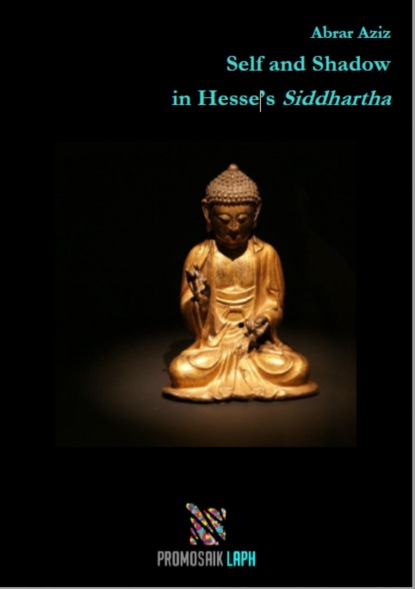- бизнес-книги
- детские книги
- дом, дача
- зарубежная литература
-
знания и навыки
- изучение языков
- компьютерная литература
- научно-популярная литература
- словари, справочники
-
учебная и научная литература
- безопасность жизнедеятельности
- военное дело
- гуманитарные и общественные науки
- естественные науки
- задачники
- монографии
- научные труды
- практикумы
- прочая образовательная литература
- сельское и лесное хозяйство
- технические науки
- учебники и пособия для вузов
- учебники и пособия для ссузов
- учебно-методические пособия
- история
- комиксы и манга
- легкое чтение
- психология, мотивация
- публицистика и периодические издания
- родителям
- серьезное чтение
- спорт, здоровье, красота
- хобби, досуг
Abrar Aziz — Self and Shadow in Hesse's Siddhartha

Понравилась книга? Поделись в соцсетях:
Автор: Abrar Aziz
Издатель: Bookwire
ISBN: 9783754122266
Описание: In this study, the author attempts to explicate the psychological complications regarding psychic duality of humans. With the help of various concepts, such as I-Ching Principle of China and others already known to the world, the dichotomy of two archetypes is deciphered. The author is of the opinion that the two archetypes, the Self and the Shadow, constitute the major binding forces of a human psyche. Consequently, it is through a process of integration between the two archetypes that a human psychologically achieves 'wholeness'. By applying this theory to Siddhartha's journey towards self-discovery, the author has skillfully concluded his viewpoint. The book in hand is a true example of juxtaposing beautiful expression with logical argumentation. The diction, style and contents of the book do not, at any point, lead the reader astray from reading it and most of the readers, I am sure, will find this book as interesting as to finish it in just one sitting. The references made to Hesse's biographical notes and textual allusions from his novel Siddhartha make it yet more alluring for, especially, the fan club of Bildungsroman novels and other writings related to self- actualization and individuation. Since this is the first publication by this author in English language, I'd like to wish him all the best and hope to see more of his publications soon. Milena Rampoldi, ProMosaik LAPH